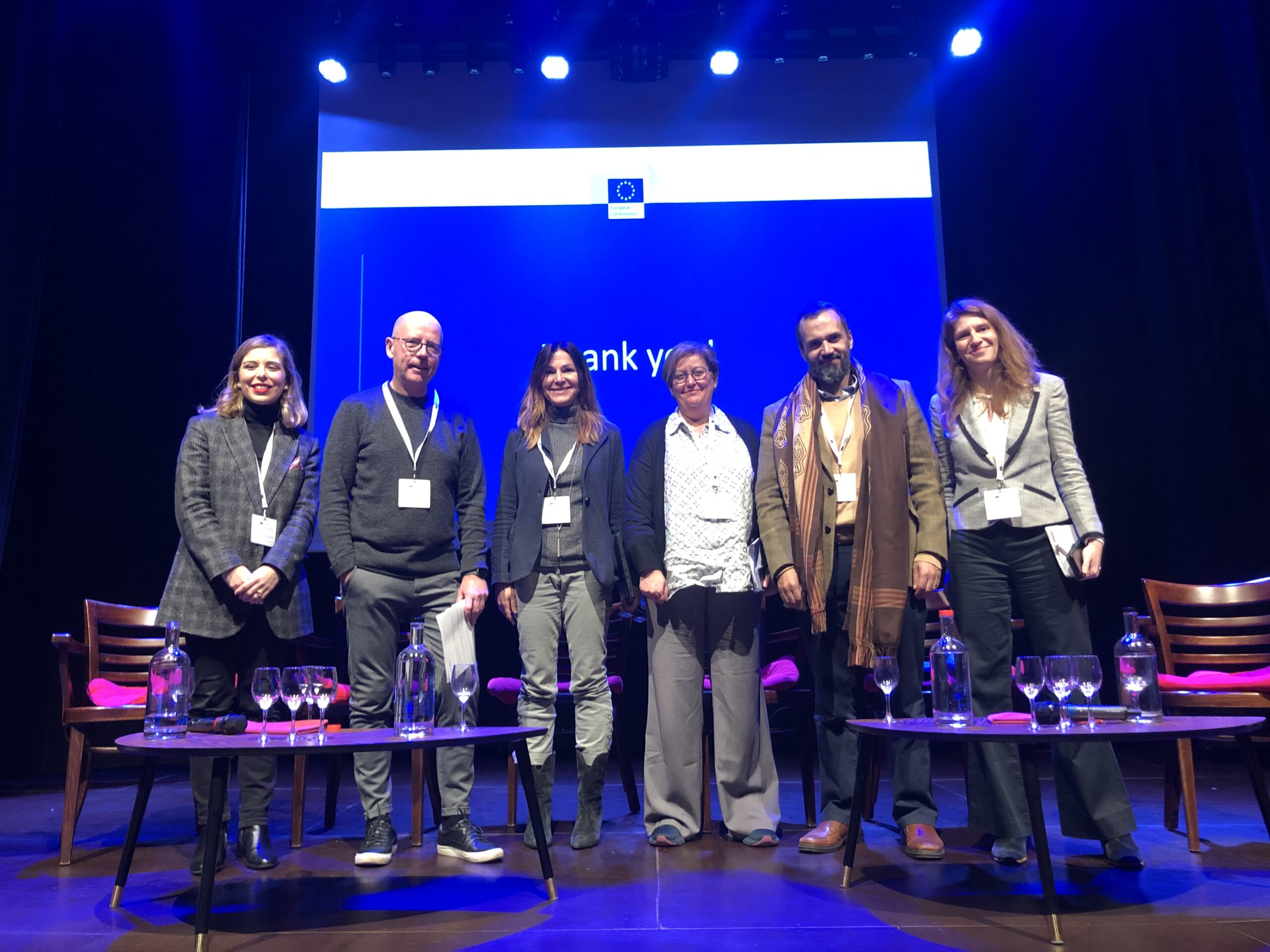On 29.11.2022, the CERIS Workshop on Radicalisation took place in Brussels, Belgium, and was organised by the European Research Executive Agency, DG Migration and Home Affairs, and DG Research and Innovation (European Commission). The workshop brought together practitioners, local authorities, policymakers and researchers to discuss the latest insights and lessons drawn from EU-funded projects related to radicalisation. The participants came from previous or ongoing projects on radicalisation, ensuring that the most recent research on the topic are fully exploited by informing policymakers and other stakeholders, particularly on evidence-based policy responses.
PREVEX featured in a panel on Geographical Factors and Approaches and was represented by Principal Investigator Morten Bøås (Norwegian Institute of International Affairs). Other panelists included Lurdes Vidal from our sister project CONNEKT (Barcelona), Hisham Hellyer from GREASE (Brussels) and Francesca Pavarini from DG NEAR (Brussels). The panel was moderated by Maria Fernandez from DG INTPA (Brussels). Our sister project PAVE was also present, represented by Veronique Dudouet (Scientific Coordinator, PAVE).

The panel drew the focus towards Europe’s neighbourhood and geographical factors and approaches to P/CVE. In presenting the PREVEX project, Bøås (NUPI) stated that while the PREVEX project focuses on drivers of violent extremism, it has an almost equal focus on the blind zone that has been created after 9/11, where an excessive focus on the manifestation of violent extremism has made scholars overlook the extensive resilience that exists among communities. Even in the most enabling environments, only a minority of people embrace violent extremism, Bøås argued.
Second, ideology or religion can hardly be said to be the main driver for joining violent extremist groups. It is more about material grievances and a lack of educational and employment opportunities. The third and final point made by Bøås was that in areas where violent extremist ideas do not take hold of local communities, there are local agents of resilience. They come in various forms but have in common that they are people of authority who are considered credible and perceived as relatively uncorrupted by the local community. However, these agents are often overlooked because they don’t talk the language of prevention but of everyday resistance.




